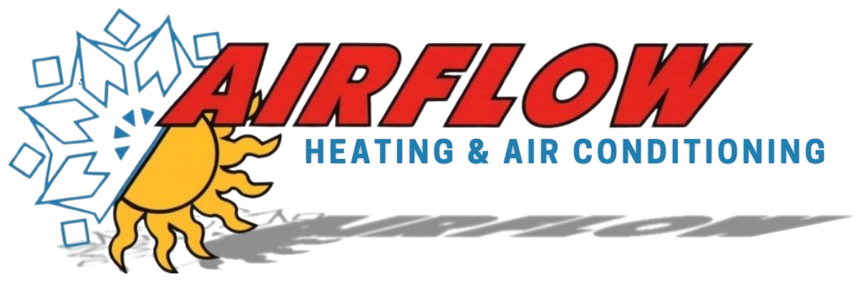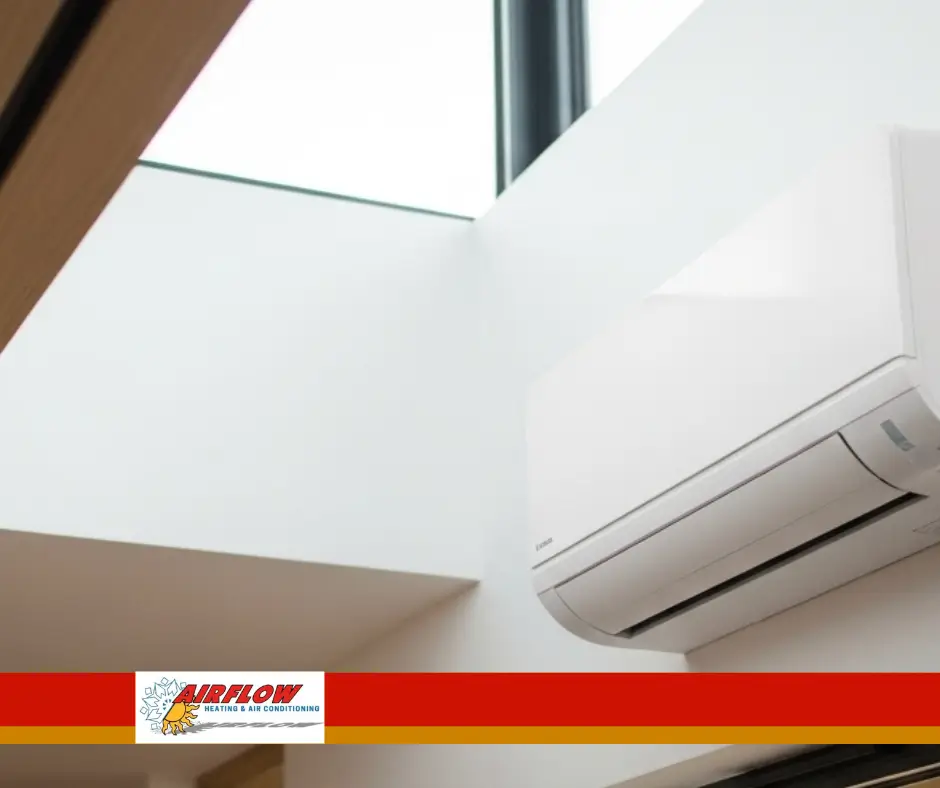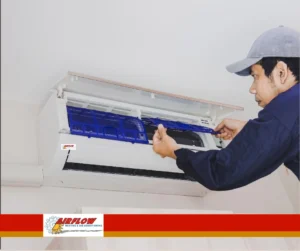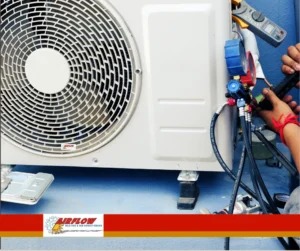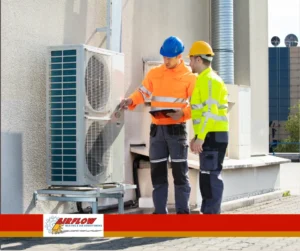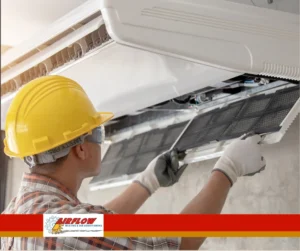Whether you’re upgrading your home’s cooling system or exploring AC options for a new property, understanding how air conditioning works—and what system is right for you—can make all the difference. This guide covers the essentials of air conditioning systems, including types, efficiency ratings, maintenance tips, and how to select the right solution for your space.
What Is an Air Conditioning System?
Air conditioning is the process of removing heat and moisture from an interior space to provide a more comfortable indoor environment. Modern HVAC systems not only cool the air but also help regulate humidity and improve air quality.
Today’s cooling systems range from simple window units to advanced, whole-home solutions with zoning capabilities and smart controls.
Main Types of Air Conditioning Systems
Understanding your options helps you choose the system that best fits your home size, layout, and energy preferences.
1. Central Air Conditioning
This is the most common residential system, ideal for larger homes with existing ductwork. A central unit cools air and distributes it through ducts into every room. It’s powerful, efficient, and typically controlled by a thermostat.
2. Ductless Mini-Split Systems
Ductless AC systems are perfect for homes without ducts, or for additions and multi-room zoning. They consist of an outdoor compressor and one or more indoor air handlers. These are known for their energy efficiency and quiet operation.
3. Window and Portable AC Units
Great for small spaces or renters, these self-contained systems cool a single room. While not as efficient as other models, they’re affordable and easy to install and remove seasonally.
4. Hybrid or Dual-Fuel Systems
These systems combine an electric heat pump with a gas furnace to maximize energy efficiency year-round. They’re a good choice for variable climates and homeowners seeking both heating and cooling solutions in one.
How to Choose the Right Air Conditioning System
Choosing the best system depends on your specific needs. Consider the following:
- Home size and layout: Larger homes often benefit from central air, while small or older homes may suit ductless options better.
- Energy efficiency: Look for a high SEER (Seasonal Energy Efficiency Ratio) rating or ENERGY STAR® certification.
- Installation and maintenance: Central air may require more upfront investment and ductwork, while ductless and portable units are easier to install.
- Noise level: If silence matters, ductless and variable-speed systems offer quieter operation.
- Budget: Central and hybrid systems cost more initially but may save money over time through efficiency.
Benefits of Modern Air Conditioning Systems
Today’s advanced AC systems offer more than just cooling. Benefits include:
- Consistent indoor temperatures across all rooms
- Humidity control for improved comfort and air quality
- Lower monthly utility costs with energy-efficient models
- Smart thermostats and zoning capabilities for customization
- Cleaner indoor air with HEPA filters and air purifiers
Maintenance Tips for Long-Term Performance
Even the best air conditioning system needs routine care to run smoothly. Here’s how to extend your unit’s life:
- Change air filters every 1–3 months
- Clean condenser coils annually
- Clear debris from around the outdoor unit
- Check refrigerant levels and airflow regularly
- Schedule professional HVAC inspections at least once a year
Final Thoughts: Stay Cool and Informed
Investing in the right air conditioning system means more than just beating the heat—it’s about improving your comfort, health, and energy savings. Whether you’re upgrading an old unit or planning a new installation, understanding your options helps you make confident, cost-effective decisions.
Need expert advice? Contact a certified HVAC professional in your area to assess your home and recommend the most efficient and reliable cooling system for your needs.
READ MORE:
